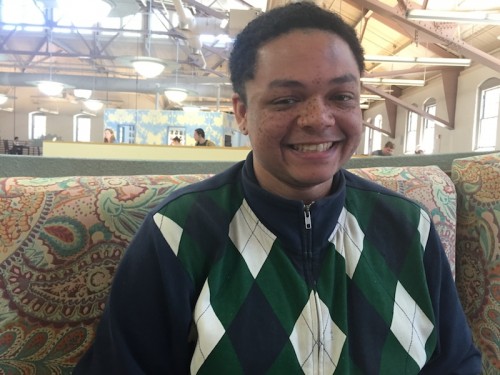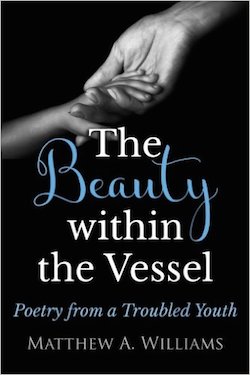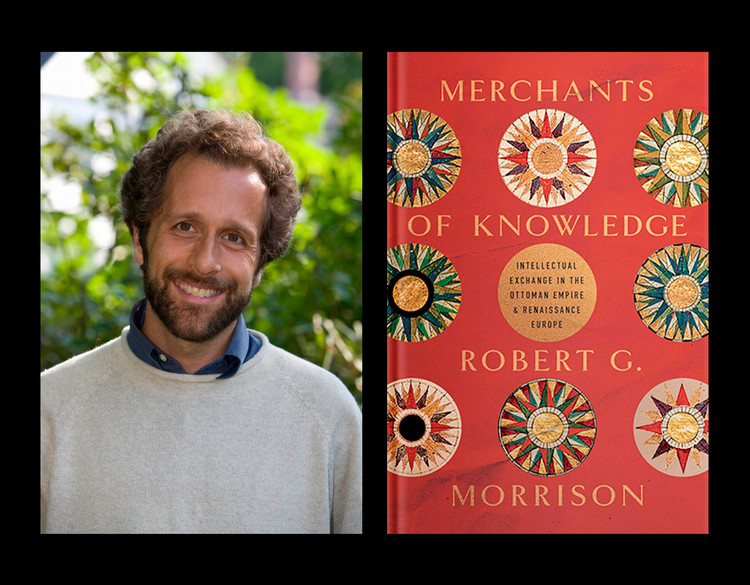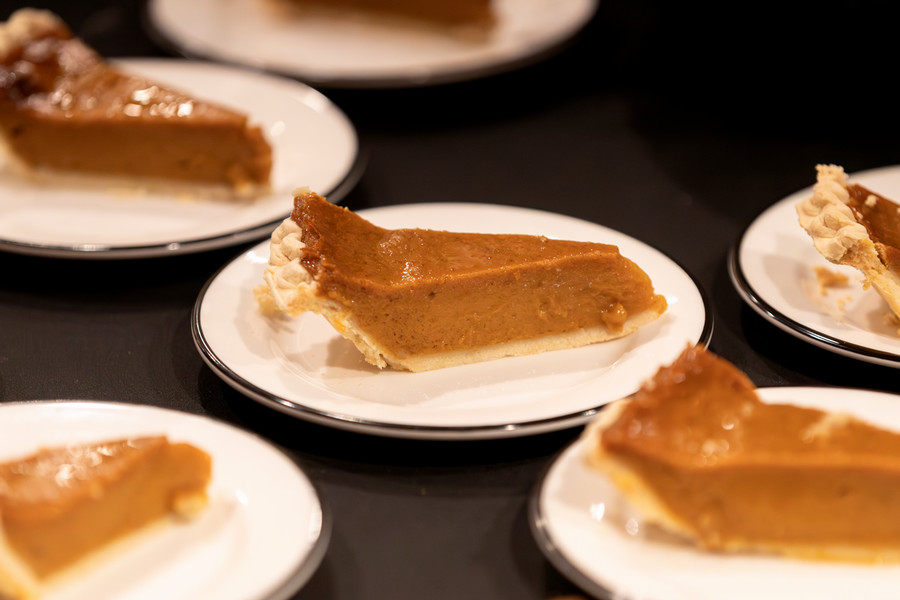Baccalaureate Speaker and Poet Matthew Williams ’16
By Rebecca Goldfine
So this fall, he plans to attend Emerson College’s MFA program in creative writing. He is already the author of two self-published poetry volumes, The Poet’s Songs: Poetry from a Troubled Youth (2015), and The Beauty within the Vessel: Poetry from a Troubled Youth (2016).
Was Williams a troubled youth? Not really, he says. He was not a kid who always got in trouble. He wasn’t rebellious and he wasn’t part of a gang in West Philadelphia, where he is from and where gangs are common. But he and his sister grew up with a single mom who was disabled and couldn’t work, in a neighborhood that was often violent and unsafe. And as a lighter-skinned boy amid darker boys, and as someone struggling to understand his sexuality, Williams always felt different.

He turned to poetry as a way to carve out a place where he could escape to, he said, “to create a world for myself.” Again, when he began his first year at Bowdoin, Williams said he used poetry to cope in an environment that didn’t always feel comfortable. “I was chem-free, religious, and had to work because my family couldn’t afford to support me,” he said, about his first-year at college.
Williams describes his first volume as “a collection of poetry that retells my life stories: a young boy yearning for a father, a teen grappling with death and sexuality, a college student struggling to find his place and purpose in life. Many of the stories will talk about the most vulnerable times in my life; others will just be whimsical poems with no meaning whatsoever. I share these stories not for myself, but for the next generation of dreamers who are labeled ‘troubled’ or ‘different’.”
One of the poems Williams loves best in his first collection is called “To our tree,” and is about his grandmother. She died in 2010. The poem begins, “I once had a tree that said I was its sun.” As Williams struggled to adjust to college, he said he often thought of his grandmother and the things she used to tell him. These memories grounded him. One of her aphorisms was, “you have to have faith like a mustard seed, which is strong and powerful and makes a big difference, even though you can’t see its worth,” Williams recalled.
He said, “I read ‘To our tree’ every day my freshman year.”
Williams’ second volume, The Beauty within the Vessel, contains poems he wrote his senior year of college, which was a “big year” for him because of the uncertainty he faced after graduation and because he was mourning the recent deaths of several relatives — beloved uncles and aunts and three cousins. One cousin was shot on his way home from a haircut, another was killed trying to save a friend from a house fire, and a third died from a brain tumor.
One of the poems Williams said he likes most from his second volume is called “Warrior Nation.” Williams wrote it in honor of a friend from his high school, Boys’ Latin of Philadelphia Charter School, which calls its athletes the Latin Warriors. Williams said his classmate Emmanuel Sloan had wanted to attend college but couldn’t afford it, and he later committed suicide. “The life we live is not easy,” the poem goes, “for we are trying to break the mold, to find the courage to be bold.”
Williams, an English major and teaching minor, was selected along with Maya Reyes ’16 to give a speech at Bowdoin’s Baccalaureate ceremony May 27. In a draft of this talk, he writes. “Out of all the things you could have been good at you went and had to like poetry, really….Truth is, I have no clue as to what I am doing, where I am going, or how I am supposed get there, let alone do it with a degree in poetry.”



